The right blend of creativity and innovation in the way products are packaged can create a major impact on sales. Professional product packaging is what helps businesses stand out from their competition, and makes them recognizable in the market. The type of material used for packaging a product and its design aesthetics can immediately re-orient the perceived quality of the item, thereby improving traffic and sales.
There is no limit to the height a business can attain with professional and unrivaled packaging strategies.
Read on to learn the latest product packaging tips that can improve any wholesale or e-commerce business.
Table of Contents
Why is unique packaging important?
Different types of packaging products
A guide to improving your business with good product packaging
Benefits of good product packaging
Conclusion
Why is unique packaging important ?
Unique packaging naturally necessitates attention to detail and a sense of branding, whether it be carton packaging, film packaging, paper packaging, wrapping, foam packaging, or any other aspect of packaging. Customers are immediately attracted by the fancy designs, enticing edges, and overall impression a packaged product creates. A powerful packaging design can potentially attract more buyers and increase sales. Unique packaging doesn’t only enhance the look and feel of a product, it plays other key roles, which include protecting the product against damage or air penetration, enhancing the product worth and overall safety, improving its usability, promoting the brand image, and more.
Why customers are attracted to good packaging
Excellent packaging design makes a brand desirable and recognizable, while poor packaging design can incite confusion, dissatisfaction, rejection (by the market), and profit loss.
Customers naturally perceive a brand based on the way their product looks.
Unique packaging is a great way to accurately communicate a brand’s image to customers. Thus, putting so much effort into improving the outlook of a product is just as important as the product itself.
As a result, businesses should integrate innovation and stunning designs into their packaging plan to compel customers to check out their products and buy them.
Different types of packaging products
A wide range of exclusive materials is continually used, with the support of printing technologies, to create exceptionally-looking packages that help to secure products. These creative packaging concepts can be sorted into different categories,including: primary packaging, secondary packaging, tertiary packaging, and ancillary packaging.
Primary packaging
Primary packaging refers to those packaging materials that make first contact with the actual product. They are mostly used to cover and secure consumer goods. A good example is products used in sealing food, packaging gadgets or electrical accessories, and so on. The items used for this type of packaging include laminated pouches, plastic containers, wet-strength paper, retort pouches, composite cans, paper-foil laminate, cling film, bubble wraps, etc. This stratum of packaging touches on all forms of retail packaging that end users can see, touch, and make use of.

Secondary packaging
Secondary packaging is the type of packaging used for preserving badge products. These mass volumes of products are packaged using things like industrial trays, crates, or containers. This level of packaging arrangement is carried out on goods sent to wholesalers or retailers. Secondary packaging usually includes materials such as wooden containers, EPS trays, plastic crates, plastic trays, and wooden crates.
This approach to packaging is common in industrial areas, warehouses or institutions, and storage places where large quantities of goods are stored and shipped.
Tertiary packaging
Tertiary packaging is used to seal and secure goods that are to be transported or shipped. Wooden pallet or corrugated fiberboard are common packaging materials for tertiary packaging. Plastic pallets can also be used for this purpose, especially for plastic-friendly products. Products that undergo a tertiary packing process are products eligible for cross-border logistics, or large distributions.
Ancillary packaging
Product packaging needs support systems like tapes, straps, printing inks, adhesives, cushioning materials, and labels to look put together and ready for shipping. These support instruments are known as ancillary items. They ensure secure and effective storing and shipment of products, as well as keeping them organized, and in customized form.
A guide to improving your business with good product packaging
Identify your target market
An exceptional packaging design has to be done with the ideal customer’s demographics in mind. To scale in a competitive industry, it’s key to identify the kind of people who are most likely to patronize your business. Study the market and discover that specific target audience, their interest, their behavior, their buying history, and their pain points, and then launch a packaging design that matches those preferences.
Make use of low-cost packaging materials to achieve stand-out customization
Surprisingly, most out-of-the-box product packaging is not that expensive. It’s possible to make an impact with even less expensive packaging items and designs.
A design doesn’t have to be complicated, and in fact straightforward product packaging tends to create the most attraction these days. Most outstanding packages feature basic information that highlights the selling points of the product with some accompanying packaging accessories that trigger emotion. Simplified packaging with fewer layers, good textures, and smart typography can help a business achieve visually pleasing packaging without breaking the bank.
Use an excellent packaging concept to achieve an unboxing experience
A seller can trigger sparks of emotion in the heart of customers (during those special moments of unboxing) just by the way they package the delivery. Product packaging is another way to connect to customers emotionally, win their loyalty, and get them to love your brand. Apple is one brand that has effectively established a beautiful unboxing experience, every one of their clients looks forward to unboxing products from the Apple team like it’s a Christmas gift. When setting up your packaging strategy, think of things to add that can make customers feel something. As people begin to fancy your packaging style, more interest will be developed and that can create a buzz in the market. The way you package a product can create fun and excitement that can prompt buyers to share these wonderful unboxing moments on their social media platforms.

Use packaging materials with good environmental impact
The latest packaging products for packaging stores available in the market are mostly eco-friendly and reusable. There are a series of campaigns against plastic pollution and carbon emissions. And packaging is one of the major contributors to one’s carbon footprint. Products that can be recycled and reused will be preferred by eco-conscious consumers, while more generally there is a shift towards environmentally responsible brands. So any packaging products with a positive environmental impact will effortlessly scale in a competitive market. A classic example is Puma’s product packaging. They utilize a reusable poster in their brilliant packaging setup.
Consumers are constantly test-running different brands to figure out which option best suits their preference. The surest way to attract their attention is from the quality of the product and choice of product packaging used.
Benefits of good product packaging

Good product packaging presents so many benefits. A brand can gain territorial access and dominate regions beyond the frontiers of its locality by strategically using the right word, the right designs, and the right colors in the packaging of a business product. Here are some interesting benefits of good product packaging.
1. It makes a difference
A successfully packaged, aesthetically appealing product, with a touch of quality and luxury, can make a great difference. Designing your packaging with bold and playful text and images, as well as some quirky patterns and shapes can captivate the eye of the user, create curiosity, and provoke more sales. A stand-out product packaging design that can speak for itself has the potential to draw massive numbers of customers at a very low cost.
2. It determines a buyer’s purchase decision
The color and style of a product’s design determine if a customer will buy or not. Humans are naturally drawn to good colors and patterns. When these designs are etched attractively, they become irresistible in the eye of buyers. A packaging design that effectively communicates elegance and top-notch branding can make a great impact on sales.
3. It simplifies and improves advertising
Product packaging can serve as an exceptional marketing tool. The adverts on a packaging product spur the buyer to decide within seconds of being with the item whether or not to make a purchase. Things like catchy phrases or humorous lines can trigger an emotional connection between the customer and brand. Be selective and creative when sending messages to prospective consumers through products.
4. It establishes brand exposure
Most popular brands in the world today possess persuasive logos and brand attributes that people are familiar with, and they spark emotion every time people think about those products. These renowned brands successfully achieved brand recognition, globally, through radical advice using their product as well as the media. Product packaging with brand elements like logo, signature fonts, and company color can help inform the public about the brand. Be sure to include the elements that clearly define your business and some captivating features that can leave a lasting impact on consumers.
Conclusion
Packaging is a vital part of any retail sales, and by incorporating digital-minded packaging into a business strategy brands can create an impression that convinces buyers that their product has the leading edge. Key industries like food and beverage, cosmetics, healthcare, and toiletries can’t do without packaging, because they need to keep delivering goods to stay in business. To learn more, go to Chovm.com where you can explore the latest trends in product packaging.
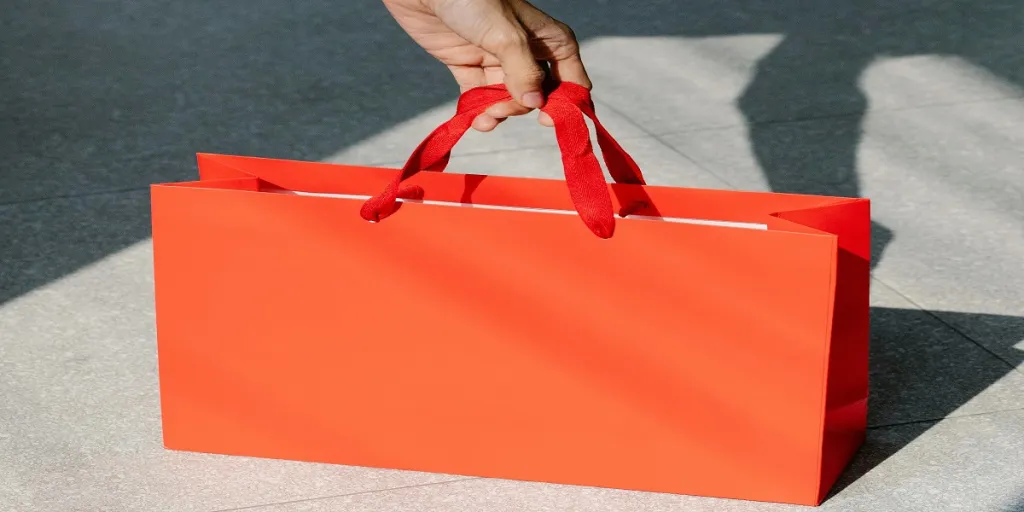
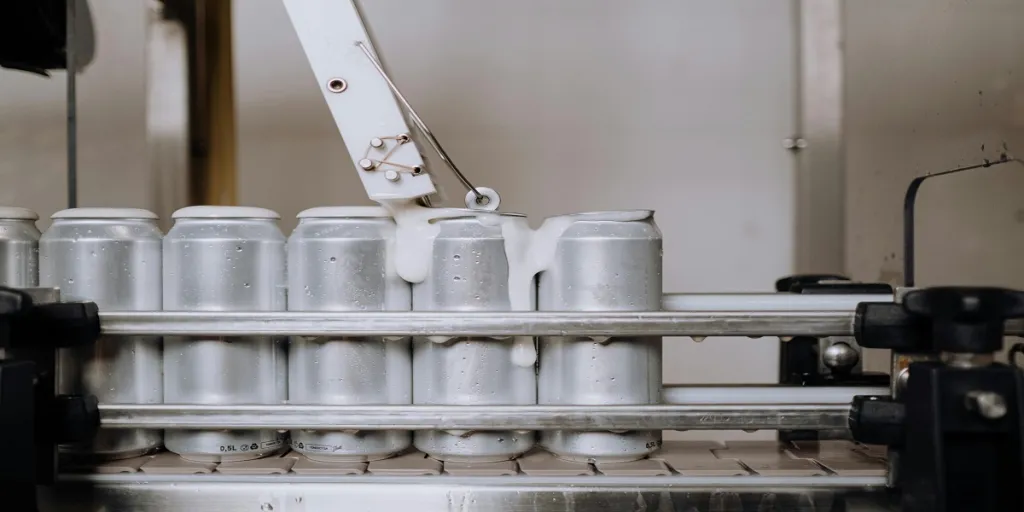
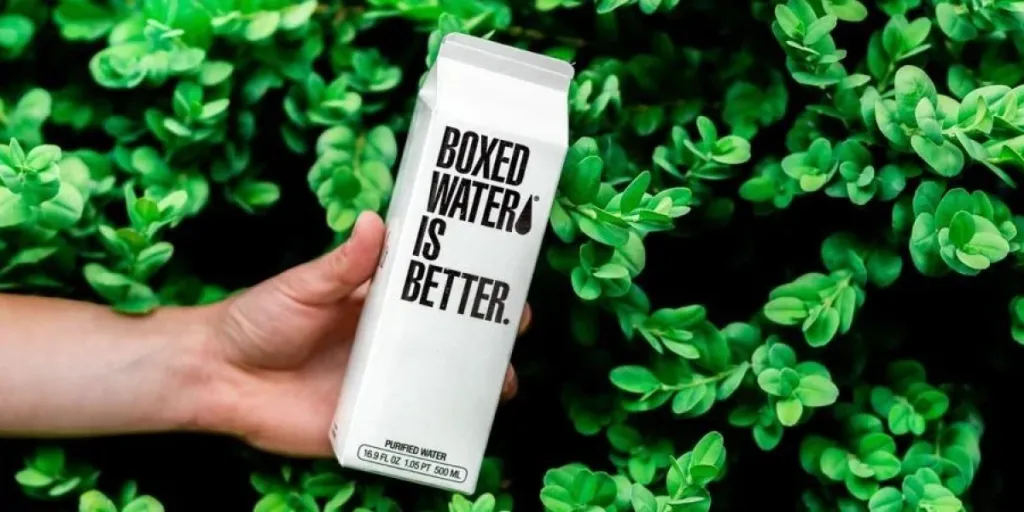
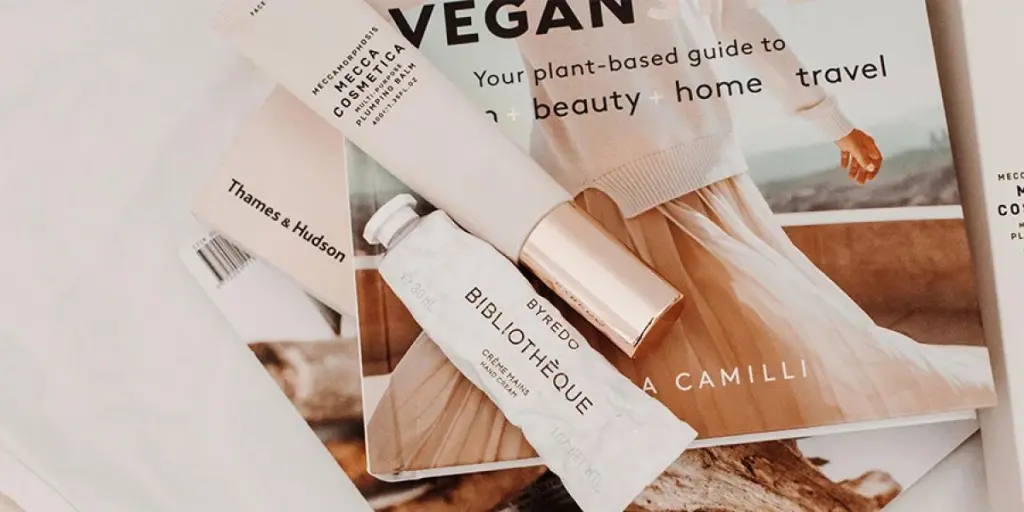
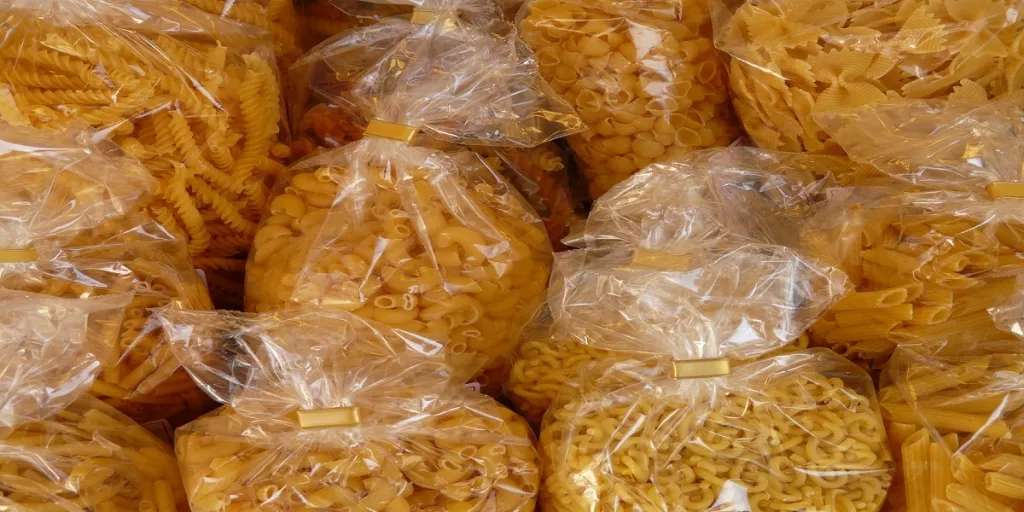
 বাংলা
বাংলা Nederlands
Nederlands English
English Français
Français Deutsch
Deutsch हिन्दी
हिन्दी Bahasa Indonesia
Bahasa Indonesia Italiano
Italiano 日本語
日本語 한국어
한국어 Bahasa Melayu
Bahasa Melayu മലയാളം
മലയാളം پښتو
پښتو فارسی
فارسی Polski
Polski Português
Português Русский
Русский Español
Español Kiswahili
Kiswahili ไทย
ไทย Türkçe
Türkçe اردو
اردو Tiếng Việt
Tiếng Việt isiXhosa
isiXhosa Zulu
Zulu